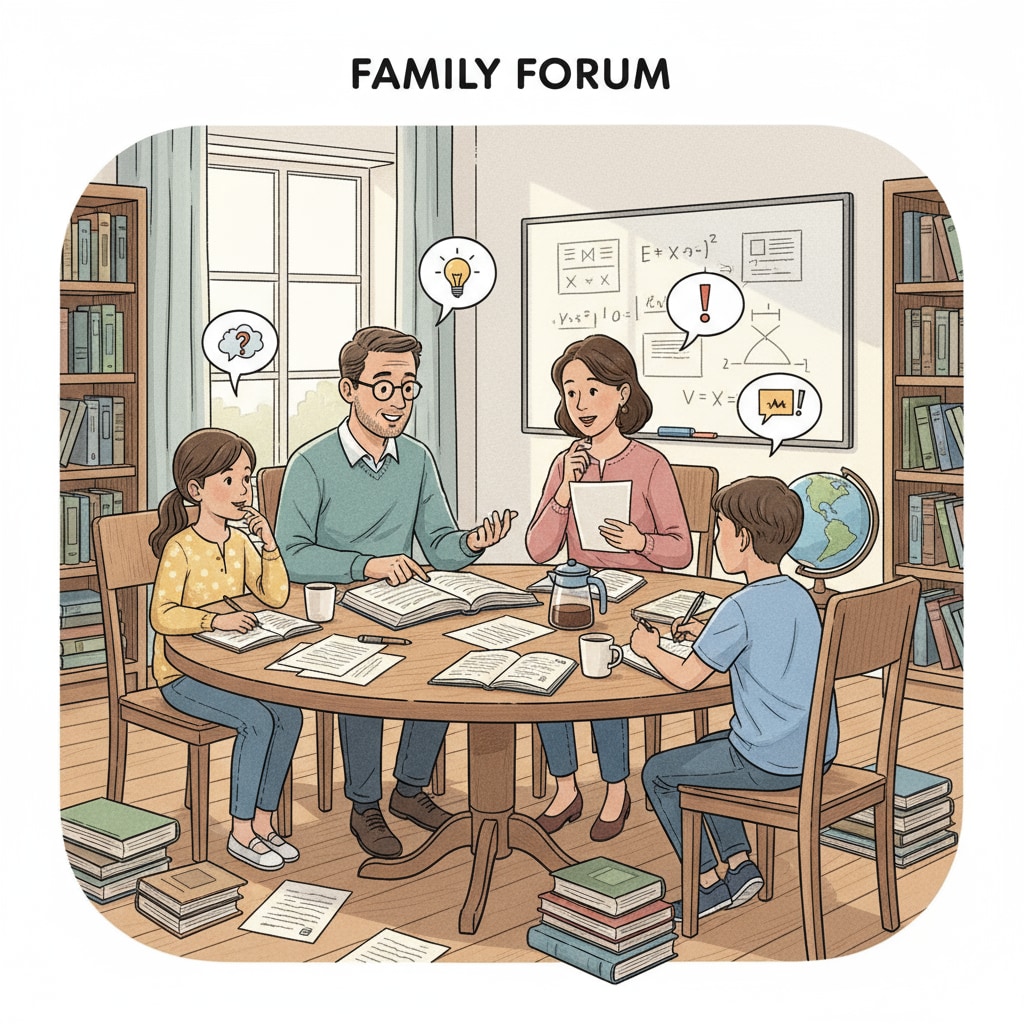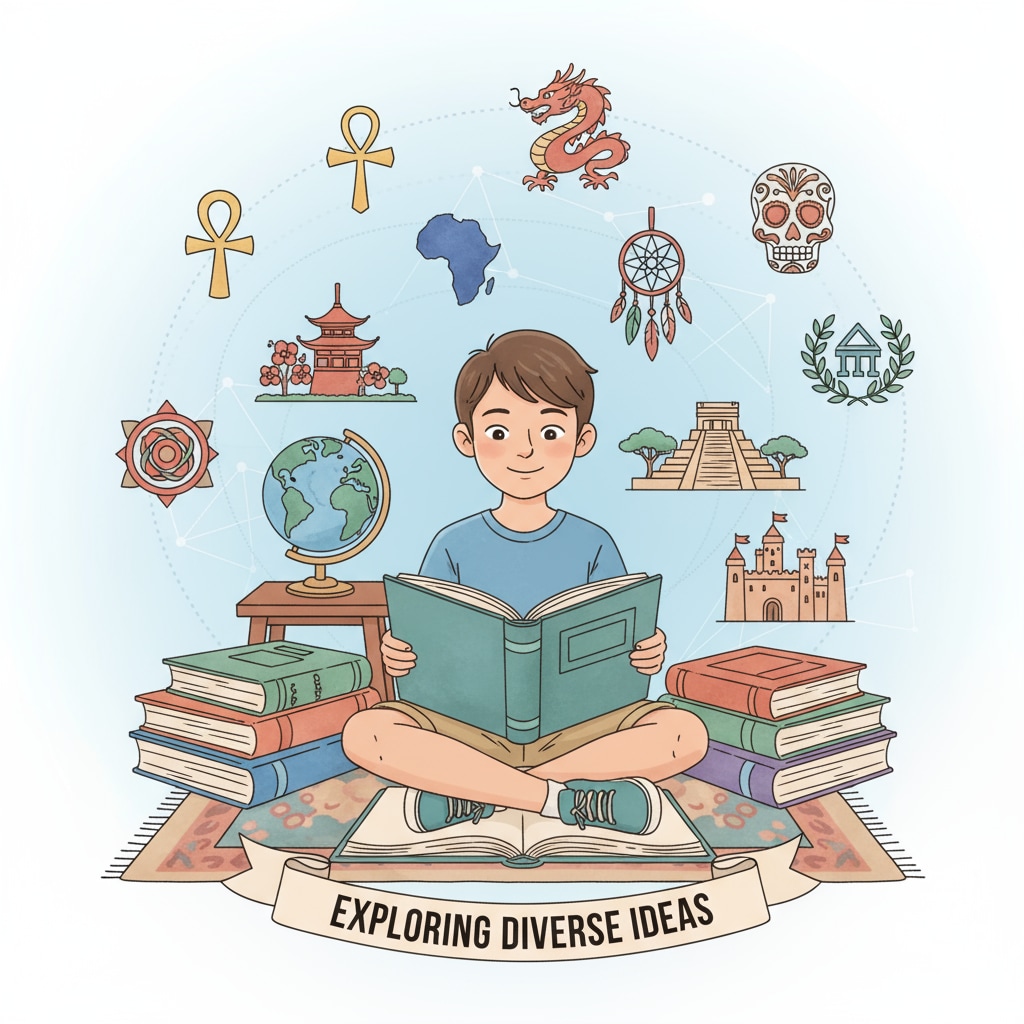Family education, bias transmission, and ideological diversity are topics of great significance in today’s society. While family is often seen as the cradle of love and support, it can sometimes inadvertently become a wall that restricts a child’s exposure to diverse ideas and values. This article aims to shed light on this complex issue and explore potential solutions.

The Role of Parents’ Values in Shaping Children’s Minds
Parents play a crucial role in their children’s upbringing. Their values, beliefs, and attitudes are like seeds planted in the fertile soil of a child’s mind. For example, if parents hold strong religious beliefs, they may introduce and emphasize these beliefs to their children from an early age. As a result, children may grow up with a limited perspective, seeing the world only through the lens of their family’s religious views. This can potentially lead to bias transmission, where certain ideas and values are favored over others. According to Psychology Today’s article on cognitive development, children are highly impressionable during their early years, and the information they receive from their parents has a profound impact on their cognitive framework.
The Threat of Ideological Confinement in Family Education
When family education is overly influenced by a single set of values or ideas, it can create an environment of ideological confinement. Children may not be exposed to alternative viewpoints, which can hinder their ability to think critically and develop a well-rounded understanding of the world. For instance, if a family has a strong cultural background and only focuses on passing down its own cultural traditions, the child may lack awareness of other cultures and their values. This lack of exposure to ideological diversity can limit their social adaptability and problem-solving skills. Britannica’s entry on child development highlights the importance of exposing children to a variety of experiences and ideas for healthy mental growth.

In addition, ideological confinement can also lead to the perpetuation of biases. Children who are not taught to question and analyze different ideas may grow up accepting the biases of their family without even realizing it. This can have negative consequences in their future relationships, career choices, and social interactions.
Readability guidance: As we’ve seen, the role of parents’ values and the threat of ideological confinement are significant aspects of the impact of family education on children’s ideological development. In the next part, we will discuss ways to address these issues and promote ideological diversity within the family setting.


